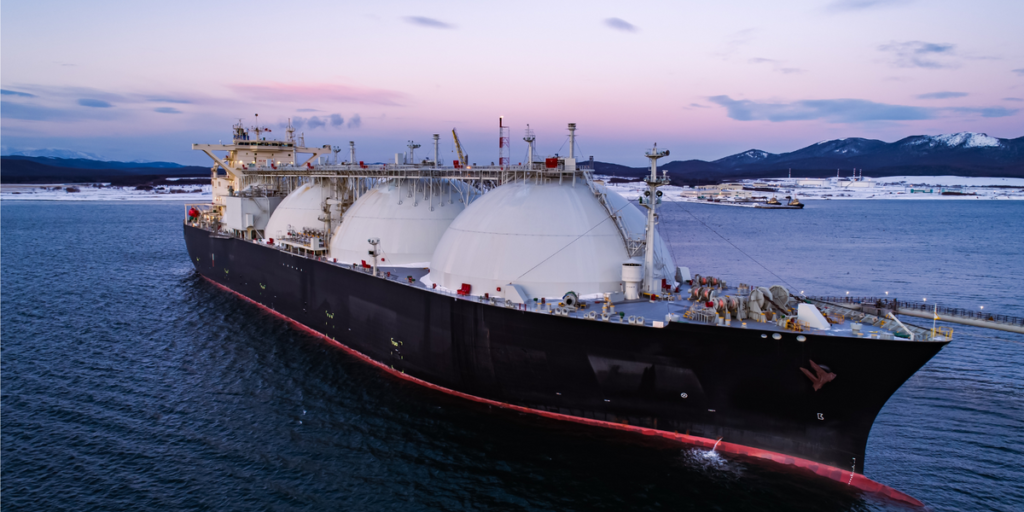Pakistan’s biggest gas distributor has asked the government to defer 11 LNG cargoes scheduled for 2025 due to subdued electricity demand even during the summer season.
Sui Northern Gas, the country’s biggest distributor mainly supplying gas to the eastern province of Punjab for electricity generation units, has requested the deferral of 11 LNG cargoes bought from ENI in 2025, according to a letter from Sui Northern Gas to Pakistan LNG Limited (PLL), a state-run company that signs agreements with global companies to import LNG.
Under the terms, ENI is providing one cargo per month to PLL to supply Sui Northern Gas.
The agreement was signed in 2017 for 15 years. Under the contract, ENI supplied LNG at 11.62% of the Brent crude slope for the first two years, while the remaining period is at 12.14% of the Brent crude slope.
According to the National Power Control Cell, electricity demand for June, July, and August is expected to remain unchanged due to declining electricity demand, the letter said.
In light of this, PLL has requested ENI to divert the cargoes for 2025, during which surplus RLNG volumes are anticipated, the letter said.
Pakistan’s electricity consumption for the six months ended December 31, 2024, fell by 3% to 66,641 GWh compared to 68,982 GWh, according to data from the National Electric Power Regulatory Authority (NEPRA), a state-run company that compiles electricity consumption data.
The sales of electricity generated from RLNG-fired plants dropped by 1% to 11,640 GWh from July 2024 to December 2024 period compared to 11,791 GWh during the same period a year ago, the data said.
Electricity demand remains low due to slow economic growth and high prices, said Ali Nawaz, chief executive officer at Chase Securities, a Karachi-based brokerage house.
Electricity prices have risen to nearly Pakistan Rupees 65/unit over the past two years.
The economy is projected to grow by 3.5% for the fiscal year ending June 30, 2025, compared to 2.4% in the previous fiscal year, according to the government’s projection.
However, the International Monetary Fund (IMF) has forecasted that Pakistan’s economy will grow by 3% this year.
The slower economic growth and lower electricity demand have already forced the government to defer five cargoes from Qatar, with negotiations underway to defer five more cargoes.
Pakistan has signed agreements with Qatar to import LNG for periods of 15 years and 10 years, with slopes of 13.7% and 10.2% of the Brent crude price, respectively.
The country imported LNG worth $1.89 billion in the six months ending December 31, 2024, compared to $1.85 billion in the previous year, an increase of 2%, according to data from the Pakistan Bureau of Statistics.
Experts believe that disconnecting gas supplies to captive power plants, mainly at textile companies exporting goods, adheres to the IMF’s conditions for qualifying for a $1 billion installment under the overall $7 billion loan, thus increasing gas supplies in the system.
Reduced gas demand from both the industrial and power sectors, driven by subdued economic conditions, has led to increased line pack pressure in the gas distribution network alongside rising RLNG imports, said Muhammad Awais Ashraf, head of research at AKD Securities.
This situation has forced local exploration and production (E&P) companies to shut down some wells, he said.
During the last three months, domestic gas production has declined by 6% YoY, due to system line pack pressure in the domestic gas network, compelling E&Ps to curtail gas production to accommodate G2G-contracted RLNG supplies amid weaker industrial demand, Awais said.






